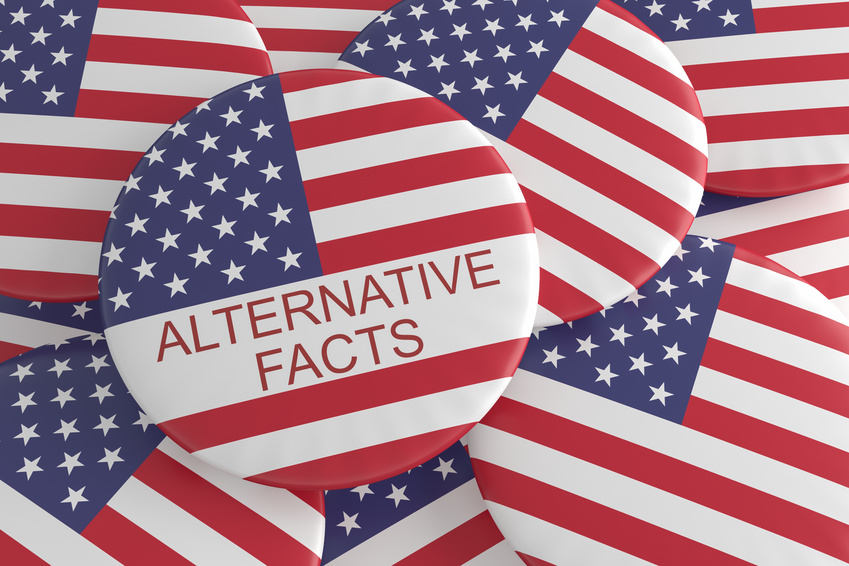 The Internet is a powerful tool in today’s digital world. With the click of a button, anyone can gain access to the Internet, and with the majority of the world having smartphones they can access the World Wide Web in just seconds.
The Internet is a powerful tool in today’s digital world. With the click of a button, anyone can gain access to the Internet, and with the majority of the world having smartphones they can access the World Wide Web in just seconds.
Gone are the days where we have to turn on the news or read a newspaper to gain perspective of what is going on in the world. Now, it seems that breaking news hits our phones before it even hits the press, and while this can be a good thing, the effects of our rapidly spreading news aren’t always that great. Recently, the world has become accustomed to the idea of “fake news” — fake stories published by seemingly credible sources. And since the majority of us have learned to rely on news telling via our phones, we believe almost everything we read.
But the problem with fake news is that it’s so hard to tell at first glance if it is a reliable story. There’s also the risk that these news stories can skew the public’s understanding of legislative news, federal regulations, and state rules.
Luckily, there are a few things you can do that will help you differentiate between fake news and real news. They include:
- Looking at the website
Is the website a publication that can be trusted? Does it also have a paper version? Look into other stories they have published and see if the journalism is reputable and not all their titles are made of click-bait. - Checking the website’s domain rating
Again, publications with a high domain rating are more likely to be trusted to report real news. Also make sure to check if the website ends in a .com, instead of something like a .com.co. - Checking the author’s sources
A real news source will contain a few different sources from other reputable publications. This is especially important if you are reading a story about state or federal regulations, as at least once source should come from a governmental website. - Not being afraid to fact check
If something sounds fishy to you, it probably is. So don’t be afraid to fact check the story and to brush up on some law research when it has to do with your specific state. This is especially true and easy for Californians, as 15 years ago the state of California decided the public has a right to get government records in any format, including online.
Legislative research can be exceptionally powerful when it comes to determining whether something is real or fake news. Understanding both your state and federal regulations can help give you a leg up when it comes to fake news stories. Fake news is nothing when it comes to understanding the country’s law!
